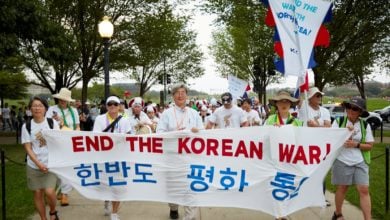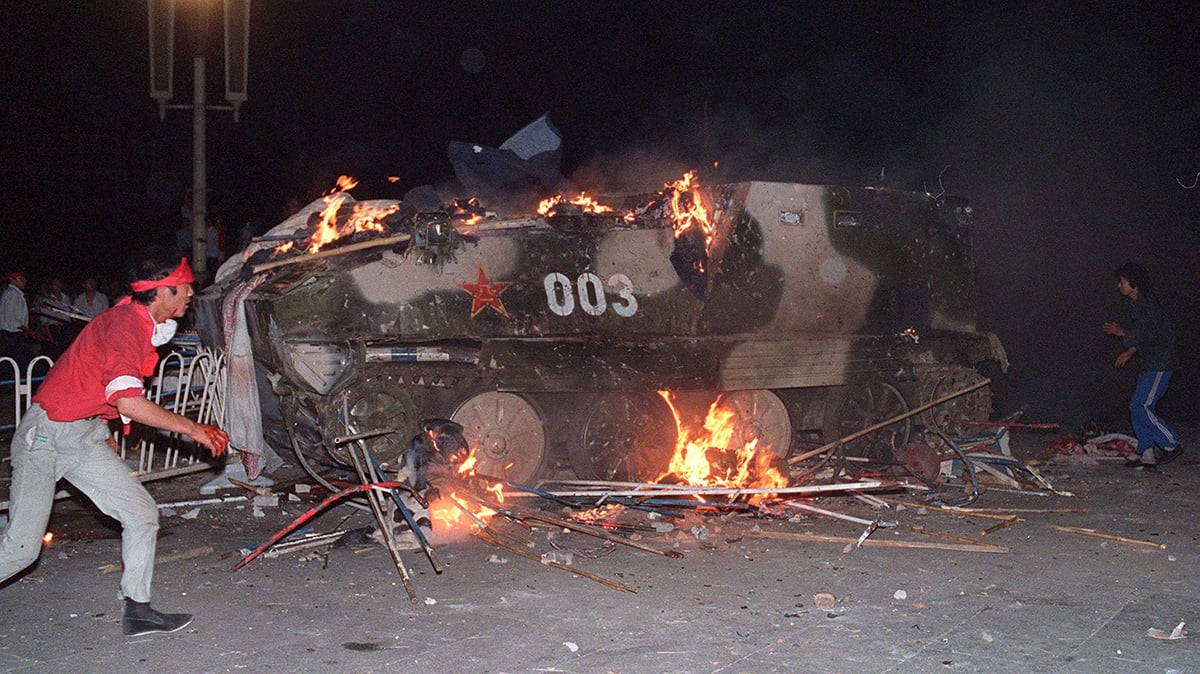Weather-related challenges have caused severe food shortages and famine in the Democratic People’s Republic of Korea since the mid-1990s. This year North Korea has experienced drought and then heavy flooding, mostly from Typhoon Bolaven in August.
On Sept. 4, the Korea Central News Agency reported that Typhoon Bolaven destroyed an estimated 45,000 hectares of crops—about 1.7 percent of the country’s arable land.
The United Nations estimates that North Korea needs around 5.3 million tonnes of grain a year and can normally produce 4.5 million tonnes. This destruction of crops and shortage this year will represent an estimated 13 percent drop in production.
More than one-third of the population works in agriculture in the DPRK. However, one of the biggest challenges—as Korea is divided at the 38th parallel, enforced by the 28,000 U.S. troops—is that the northern part of the country does not have enough arable land to sustain the food needs of the population—especially in the case of natural disaster. The DPRK needs to turn to the outside world to trade for food to feed the 24 million people in the country.
The famines have caused malnutrition in up to 16 percent of the population, particularly in the province of North Hamgyong.
If it were not for the centralized planning of the North Korean economy and centralized distribution of food, the crisis and impact would be much more severe. By 1950, all agriculture was collectivized in North Korea and subsequently resulted in the increase of agricultural production.
Washington has sought to isolate the DPRK and maximize the hardships faced by the North Korean people in hopes of destabilizing the country and promoting regime change. The United States has maintained economic sanctions against the DPRK for more than 50 years, preventing the DPRK’s government from accessing loan credits from international banks to finance the country’s development and trade. Now most of the DPRK’s trade is with China.
The prospect of increasing trade with China is one of the ways the North Korean government is seeking to meet the challenges of the shortfall in agricultural production.
End the U.S. sanctions against North Korea—sanctions mean war and hunger for the people of North Korea! U.S. out of the Korean Peninsula!




